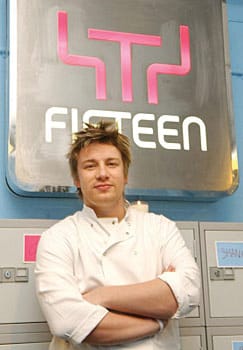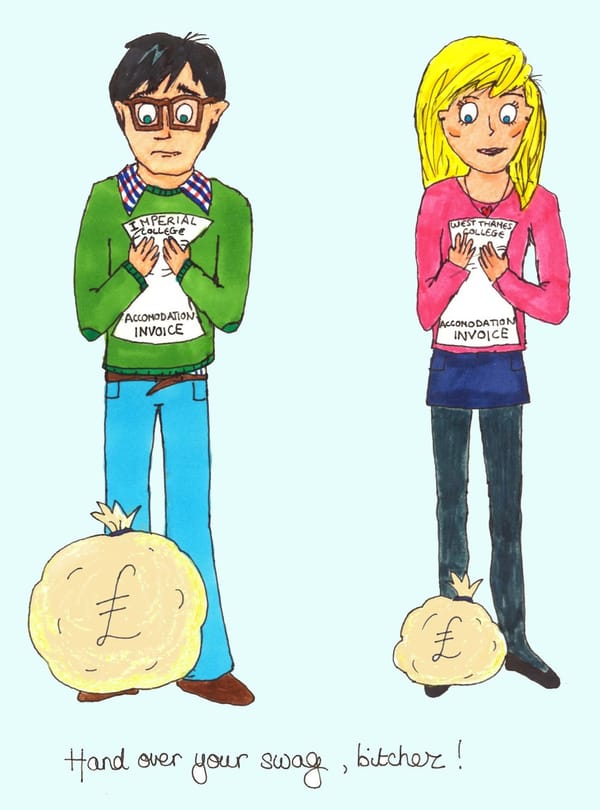Think about the C word
Kate Pumphrey wants you to remember cancer awareness day
Monday 4th February is National Cancer Awareness Day and the ten-month-and-twenty-seven day anniversary of my father’s death from – I need hardly say it – cancer.
According to Cancer Research UK, roughly 325,000 people were diagnosed with some form of ‘malignant neoplasm’ in 2010. But how helpful is that statistic, or indeed any other figure related to cancer? The sheer incidence of the disease implies that it is both predictable and prosaic. Cancer is neither of those things.
First as to the predictability. Cancer shares all psychotic irrationality of tyranny. It cats people about. Initially it works with stealth, frequently announcing itself with a malevolent flourish in the young and seemingly fit, consigning them to a hamster wheel of radiotherapy, chemotherapy, surgery, yet more radiotherapy, another form of surgery... Sometimes treatment will manage to block the wheel, and sufferers will be taunted with daydreams of remission, which might last for months, years, even a lifetime. All too often this is proven an illusion, with cancer careering back into the picture bearing a fistful of aces.
And there is nothing mundane about this disease, despite its prevalence. Chemotherapy – still one of medicine’s most commonly deployed solutions – is chemical warfare at its most vicious. Extreme exhaustion, weakness, consistent nausea, depression, profound constipation – these are the inevitable results of treatment; many also lose their hair or suffer other random un-pleasantries (in my father’s case a raw sensitization of the nerves on his fingertips, which –extraordinary – was only eased by a German cream made for cow udders). And, because chemotherapy is delivered in cyclical bouts – usually every three weeks or so – just as soon as the patient has recovered from the worst, they have to return for more. It’s hard to believe that this is the remedy – the friend, not the foe.
The impact of cancer in a family is felt at every level. Walk into our home a year ago and you may well have thought you had entered a pop-up pharmacy. Anti-emetics, anti-depressants, proleukin, prolacta, carboplatin, temazepam (Scrabble is now a breeze), sleeping pills by the bedfull… Painkiller? Do you seek Astral or Volterol or an alphabetic intermediary? Low immune system? Take a tablespoon of Manuka honey (sourced from some obscure bee colony in one of the remoter spots of the Far East, then retailed at obscene expense in central London). And the strangest associations are made: I look at a Magnum ice cream, and think not of summer and sunshine but of its benefits to a skeletally thin man lacking saliva glands.
You might expect the horror of the situation to make life very dramatic, but mostly the path of the long-term sick is one of dull flatness. It’s tedious, unremitting and infinitely wearing. There are frenzied lurches – the scan results, say, or the epileptic fit caused by the drugs – but even those tend to be smothered in the wishiwashiness of a hospital’s grey-blueness.
If it’s hard to be gracious there are, nevertheless, those that are graceful. In my case, some of the winners emerged from the most surprising quarters, like the corporate law firm (my then-employer), that more or less let me work part-time while I was nursing dad at the end of his life, and the GP, who dared to speak of “infinite love, infinite benevolence”. Above all, however, it was my friends that rescued me from despair. Calls, cards, messages, flowers, cakes, invitations to parties, pubs and clubs… How good people are at being friends! How much it matters.
Be aware on Monday. Check for lumps, bumps, and moles; pay attention to any other strange changes in your body. Maybe send a message tosomeone you know for whom the C-word is personal. And don’t let us accept cancer: it is unacceptable.









